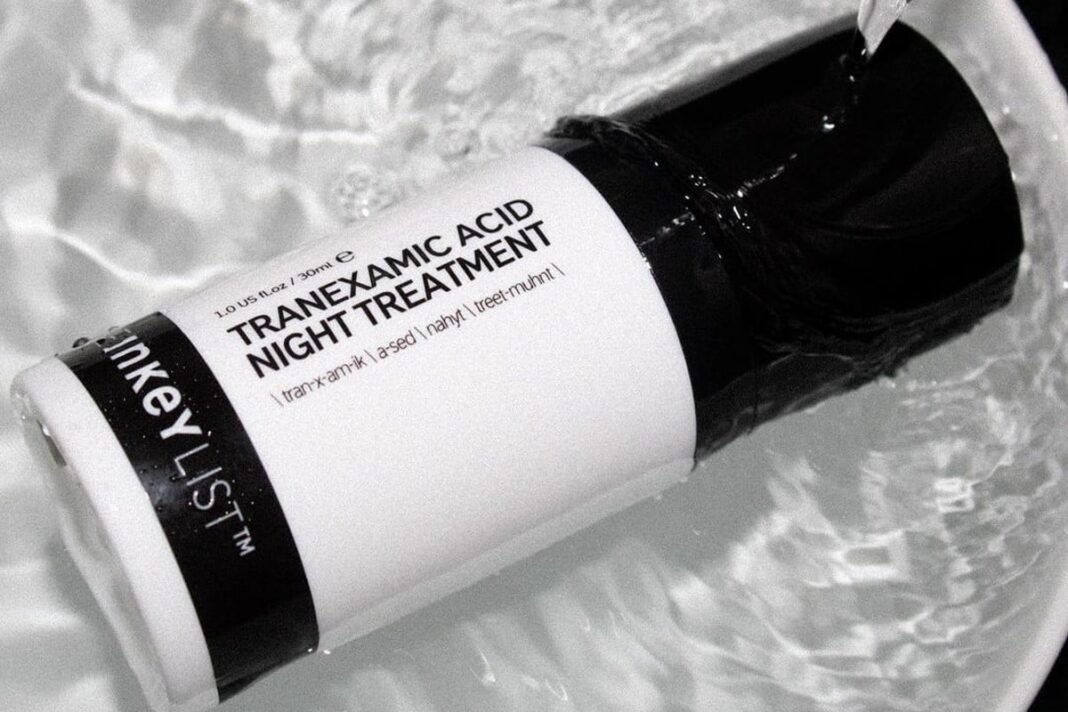Hello, dear readers! In today’s blog post, we’re going to explore the topic of hydroquinone alternatives. Hydroquinone has long been a popular ingredient in skin lightening products, but it also comes with some potential side effects. That’s why many people are looking for alternative options that are just as effective, but perhaps a little safer. Well, look no further! Here are 12 promising hydroquinone alternatives backed by science:
- Vitamin C: This powerful antioxidant is known for its skin-brightening properties. It can help reduce the appearance of dark spots and even out the skin tone. Look for serums or creams containing vitamin C, as it’s a great alternative to hydroquinone.
- Kojic Acid:Derived from mushrooms, kojic acid is another effective skin-lightening agent. It works by inhibiting the production of melanin, which can help fade dark spots and give the skin a more even appearance.
- Alpha Arbutin: Alpha arbutin is a natural extract that has been shown to have skin-brightening effects. It’s less irritating than hydroquinone and can be a great option for those with sensitive skin.
- Niacinamide: This vitamin B3 derivative is not only great for hydrating the skin but also for reducing inflammation and improving the skin’s barrier function. It can help to even out the skin tone and give it a healthier-looking complexion.
- Licorice Extract: Licorice contains glabridin, which has been proven to have skin-lightening properties. It can help to reduce the appearance of hyperpigmentation and dark spots.
- Azelaic Acid: Azelaic acid is a multitasking ingredient that can treat acne, reduce inflammation, and even out the skin tone. It’s a great alternative for those looking for a more comprehensive solution.
- Glycolic Acid: This alpha-hydroxy acid exfoliates the skin, revealing a brighter and more even complexion. It can also help to improve the penetration of other skin-lightening ingredients.
- Lactic Acid: Another AHA, lactic acid is gentle yet effective. It helps to remove dead skin cells and improve the skin’s texture, making it look smoother and more radiant.
- Mulberry Extract: Mulberry extract contains arbutin, which as we mentioned earlier, is a great alternative to hydroquinone. It can help to lighten the skin and reduce the appearance of dark spots.
- Vitamin E: Vitamin E is a powerful antioxidant that protects the skin from damage and can also help to reduce the appearance of scars and dark spots.
- Cucumber Extract: Cucumber is known for its soothing properties, but it also contains antioxidants that can help to brighten the skin and reduce inflammation.
- Rosehip Oil: Rich in vitamins and antioxidants, rosehip oil can nourish the skin and help to improve its texture and tone. It’s a great addition to any skincare routine.
It’s important to note that while these alternatives may be less likely to cause side effects than hydroquinone, they still may not be suitable for everyone. It’s always a good idea to do a patch test before using any new product, especially if you have sensitive skin. Also, remember that consistent use and a good skincare routine are key to seeing results.
So, there you have it, 12 promising hydroquinone alternatives backed by science. Give them a try and see which ones work best for you. And don’t forget to protect your skin from the sun, as sun damage can contribute to hyperpigmentation. Stay tuned for more skincare tips and tricks, and have a beautiful day!


